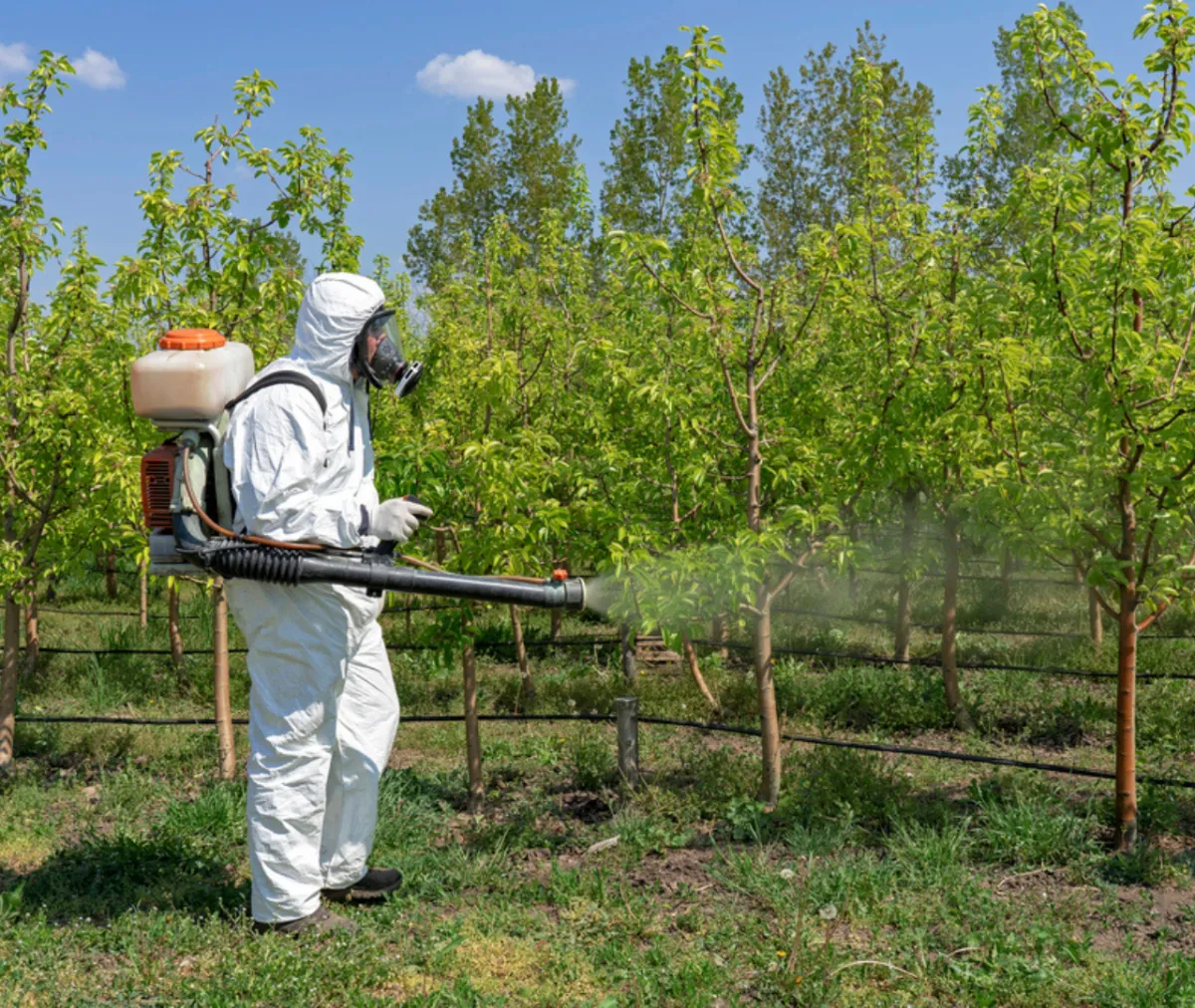
Natural vs. Chemical Pest Control: What’s Best for Your Home?
When pests invade your living space, the first priority is getting them out and fast. But as homeowners become more environmentally conscious and health-aware, the question arises: Should you go natural or chemical when it comes to pest control?
Each method has its pros and cons, and choosing the right one depends on your specific situation. Let’s explore the key differences between natural and chemical pest control to help you make an informed decision for your home.
Understanding the Basics
Natural Pest Control involves using eco-friendly substances and techniques to repel or eliminate pests. These may include essential oils, diatomaceous earth, beneficial insects, and biological controls that target specific pests without harming the broader ecosystem.
Chemical Pest Control uses synthetic or chemical-based pesticides designed to kill or repel pests on contact or through ingestion. These methods are often fast-acting and widespread in conventional treatments.
1. Effectiveness: Which Works Better?
Chemical Methods:
Chemical pesticides tend to work quickly and can handle severe infestations more efficiently.
They’re designed to kill or repel a wide range of pests, including ants, roaches, termites, bed bugs, and rodents.
However, overuse can lead to pesticide resistance where pests evolve to withstand treatments.
Natural Methods:
Natural solutions often work slower and may require multiple applications.
They’re more targeted and may not be as effective in large-scale or deep infestations.
However, they can be excellent for prevention and low-level pest control when used consistently.
✅ Verdict: Chemical treatments are typically more potent for major infestations, but natural solutions are great for ongoing maintenance and prevention.
2. Health and Safety: What’s Safer for Your Family?
Chemical Methods:
Synthetic pesticides can be toxic if inhaled, ingested, or absorbed through skin contact.
Many are not safe for young children, pregnant women, or pets unless used by professionals with proper precautions.
Indoor use of strong chemicals may leave behind fumes or residues that can irritate allergies, asthma, or sensitive skin.
Natural Methods:
Most natural solutions (like neem oil or peppermint spray) are safe to use around pets and kids.
There’s less risk of long-term exposure or chemical buildup inside the home.
However, not all “natural” products are risk-free some may still cause mild allergic reactions or irritations.
✅ Verdict: Natural methods are generally safer for families, especially in homes with pets or small children.
3. Environmental Impact: Which Is Greener?
Chemical Methods:
Chemical pest control can negatively affect soil, water, and non-target wildlife.
Runoff from chemical treatments may contaminate nearby plants or ecosystems.
It can also kill beneficial insects like bees, butterflies, and ladybugs.
Natural Methods:
Natural pest control supports a healthier home ecosystem.
Many organic options work by targeting specific pests without disrupting other beneficial species.
Compostable, biodegradable, or plant-based ingredients reduce environmental waste.
✅ Verdict: Natural pest control is the clear winner for eco-conscious homeowners.
4. Cost Considerations: Which Is More Budget-Friendly?
Chemical Methods:
Professional chemical treatments may cost more initially, but they often require fewer applications for immediate results.
Long-term costs may increase due to reapplication or repairs caused by resistant pests or property damage.
Natural Methods:
DIY natural options like vinegar, baking soda, and essential oils are often cheaper upfront.
However, because they require more frequent use, cumulative costs may add up over time.
Professional eco-friendly pest services tend to be more expensive due to specialized materials.
✅ Verdict: DIY natural methods are budget-friendly for small issues, but chemical solutions may be more cost-effective for larger infestations.
5. Long-Term Results and Prevention
Chemical Methods:
While effective, pests may return if underlying causes (like food sources or entry points) aren't addressed.
Chemicals don’t always offer long-term protection unless used with exclusion techniques or routine follow-up treatments.
Natural Methods:
Natural pest control focuses on long-term prevention like sealing cracks, eliminating moisture, and using repellents.
It encourages a more holistic approach to pest control through better hygiene and home maintenance.
✅ Verdict: For lasting results, natural pest control paired with smart prevention strategies offers sustainable protection.
When to Choose Natural Pest Control
Natural pest control is ideal when:
You have a mild or early-stage infestation
You’re concerned about chemical exposure
You want a pet- and kid-friendly solution
You’re practicing preventive pest management
Common natural solutions:
Essential oils (peppermint, citronella, eucalyptus)
Diatomaceous earth
Sticky traps
Neem oil
Plant-based sprays
Biological predators (like nematodes for soil pests)
When to Choose Chemical Pest Control
Chemical pest control is best when:
You’re dealing with a serious infestation (termites, bed bugs, large rodent issues)
Natural methods have failed
You need fast, decisive action
Structural damage or contamination is a concern
Always consult with a licensed pest control expert for chemical treatments. Professionals can apply products safely, legally, and effectively.
Can You Combine Both?
Yes! In many cases, an integrated pest management (IPM) approach—which combines natural and chemical methods—is the most effective strategy.
For example:
Use natural repellents as a first line of defense
Seal cracks and eliminate food/water sources
Call in professionals for chemical spot treatments when needed
This hybrid method balances safety, effectiveness, and sustainability.
Conclusion: Choose What’s Best for Your Home and Lifestyle
So, which is best—natural or chemical pest control? It depends on your situation.
For mild pest issues or prevention, natural methods can be effective and safe.
For larger, urgent infestations, chemical treatments may be necessary.
A blended approach ensures that you get both immediate results and long-term protection.
By understanding your needs and weighing the pros and cons, you can make a pest control decision that protects your home, health, and the environment.
Need help choosing the right pest control strategy? Contact a licensed local provider to assess your home and customize the best plan for your needs.